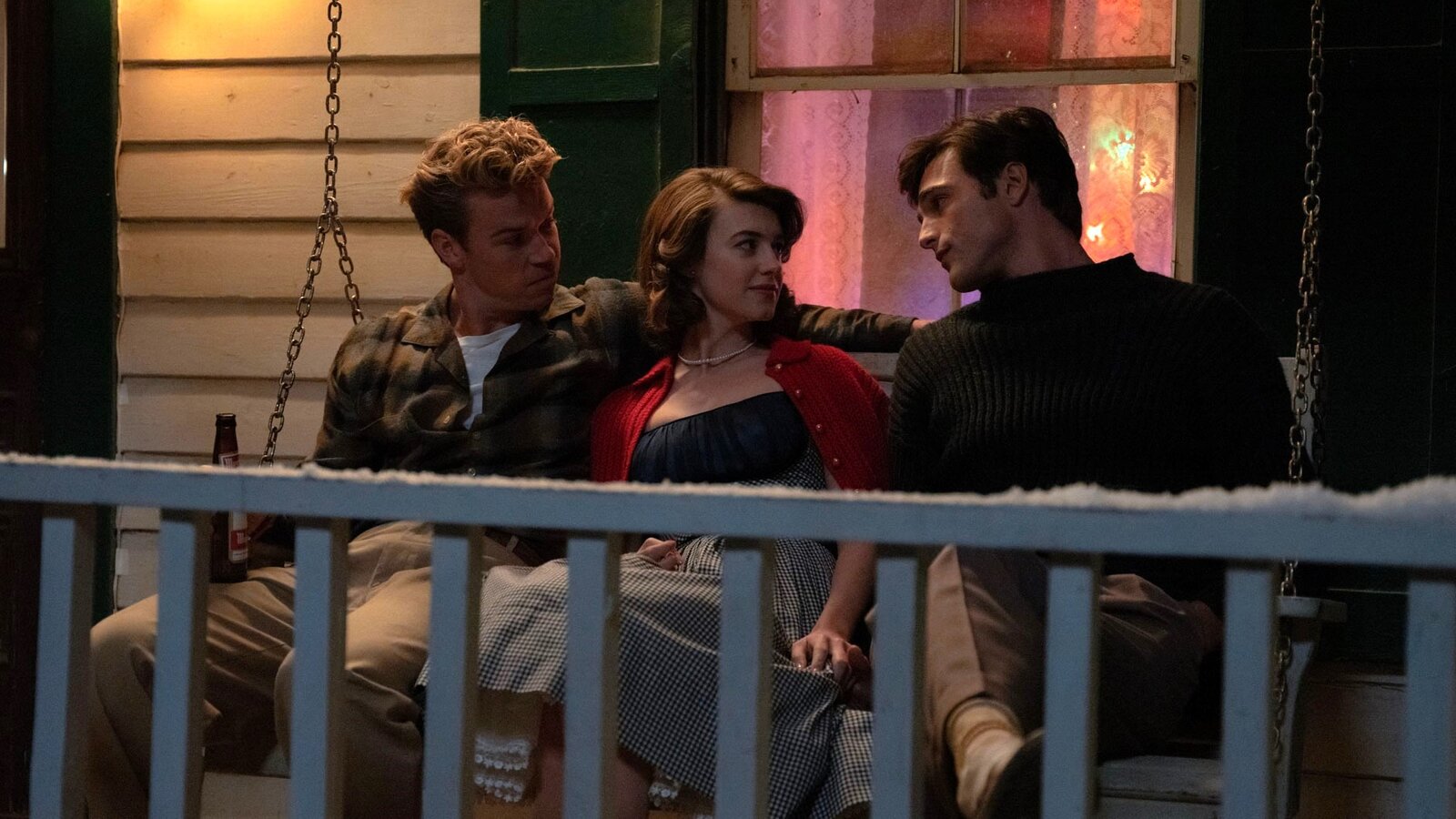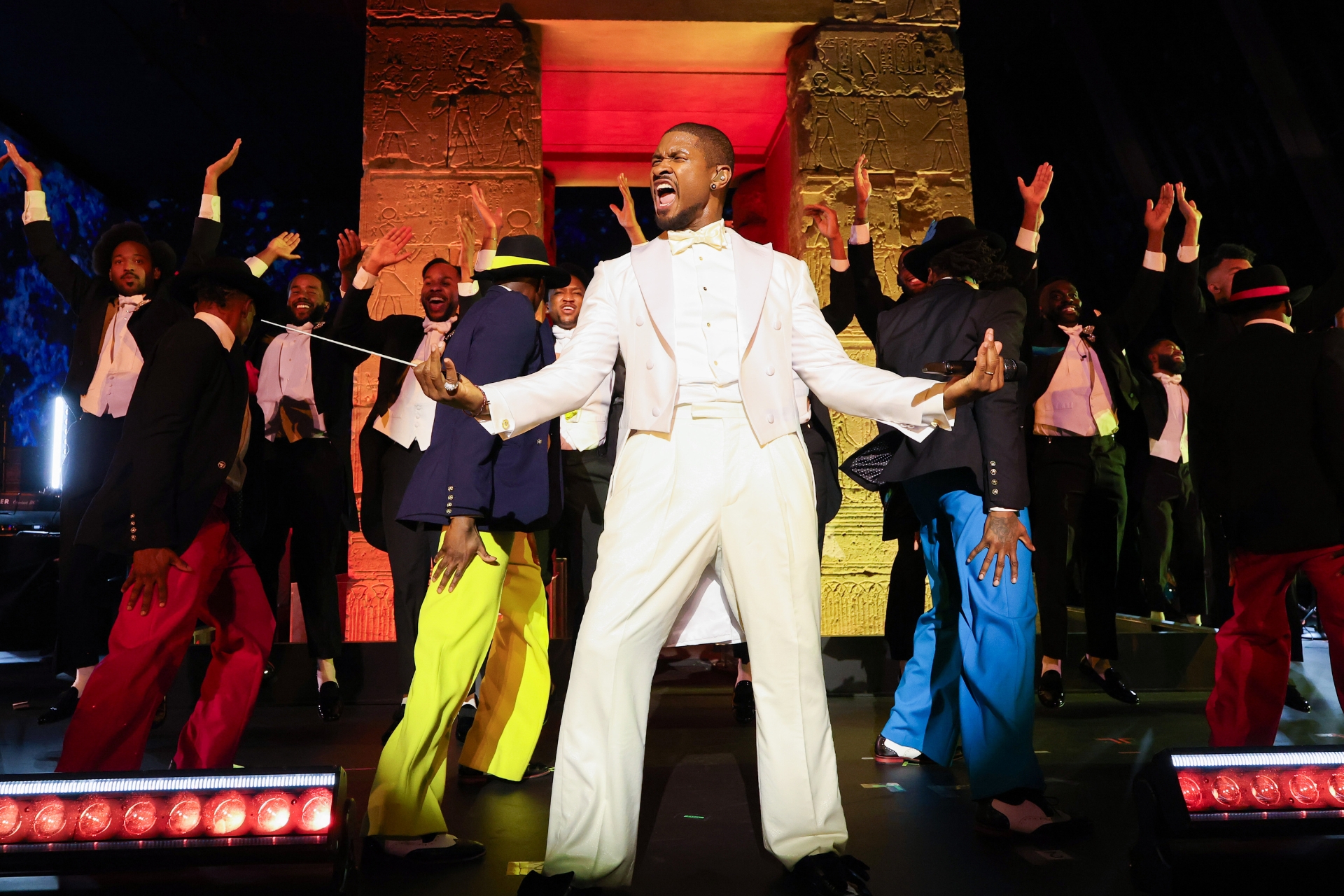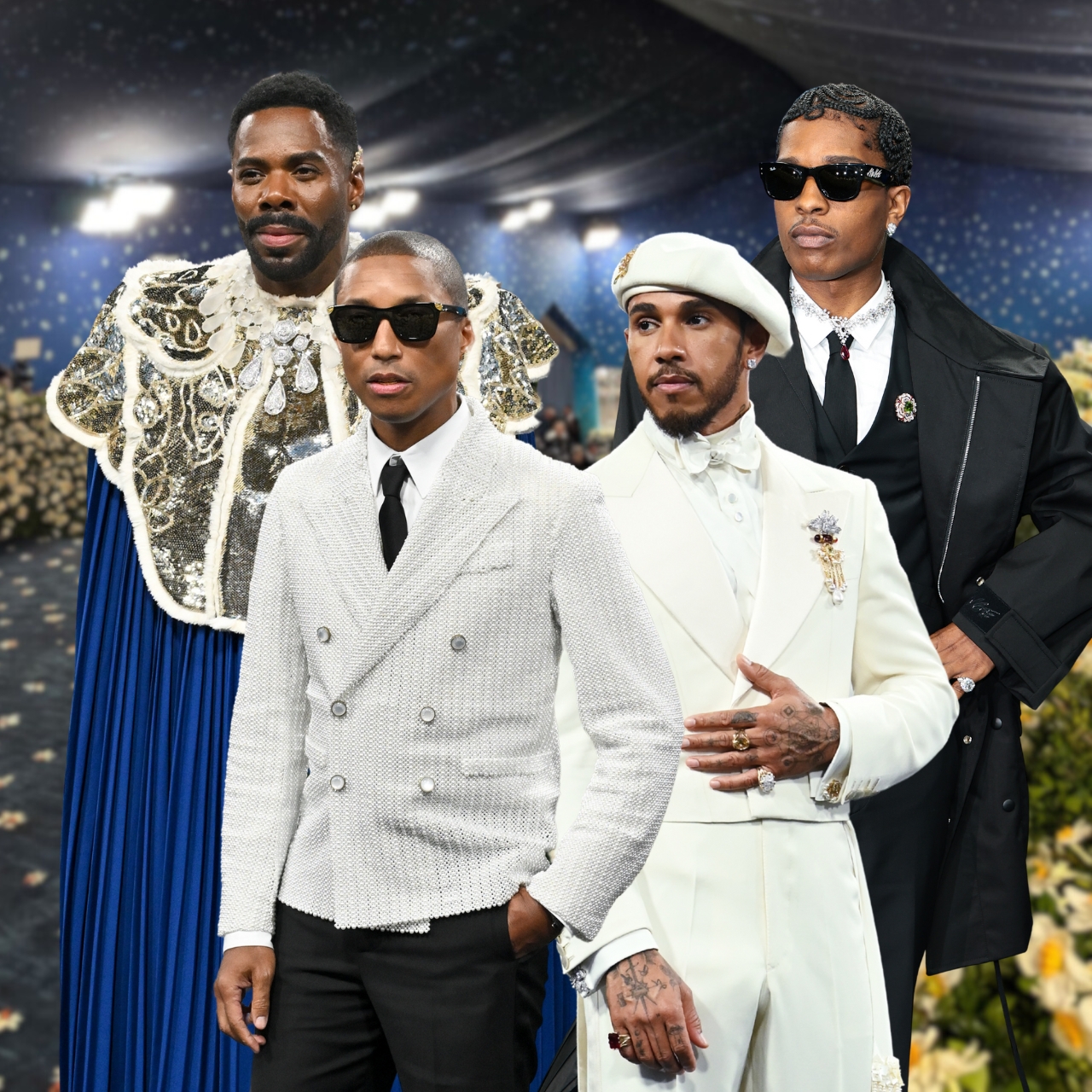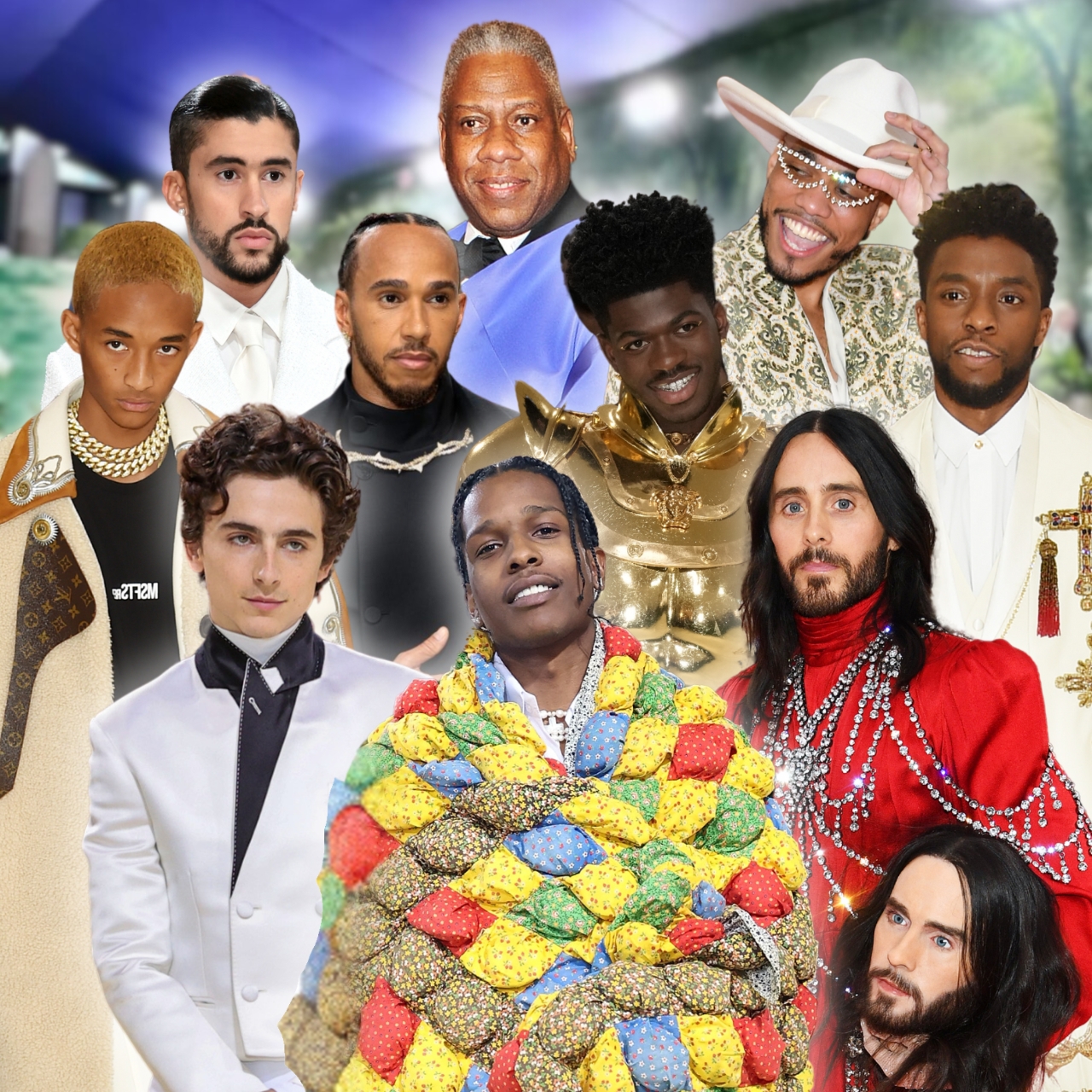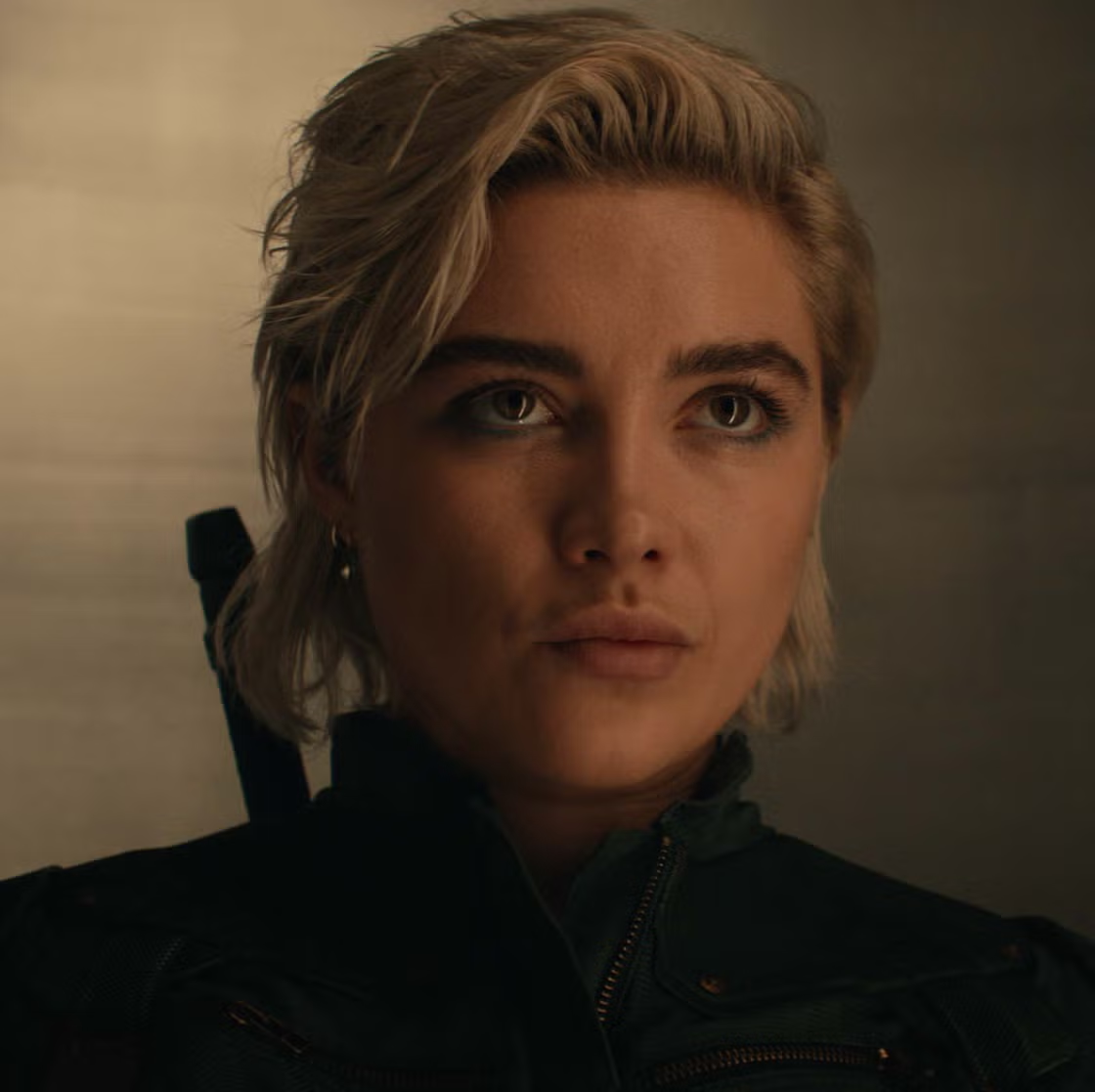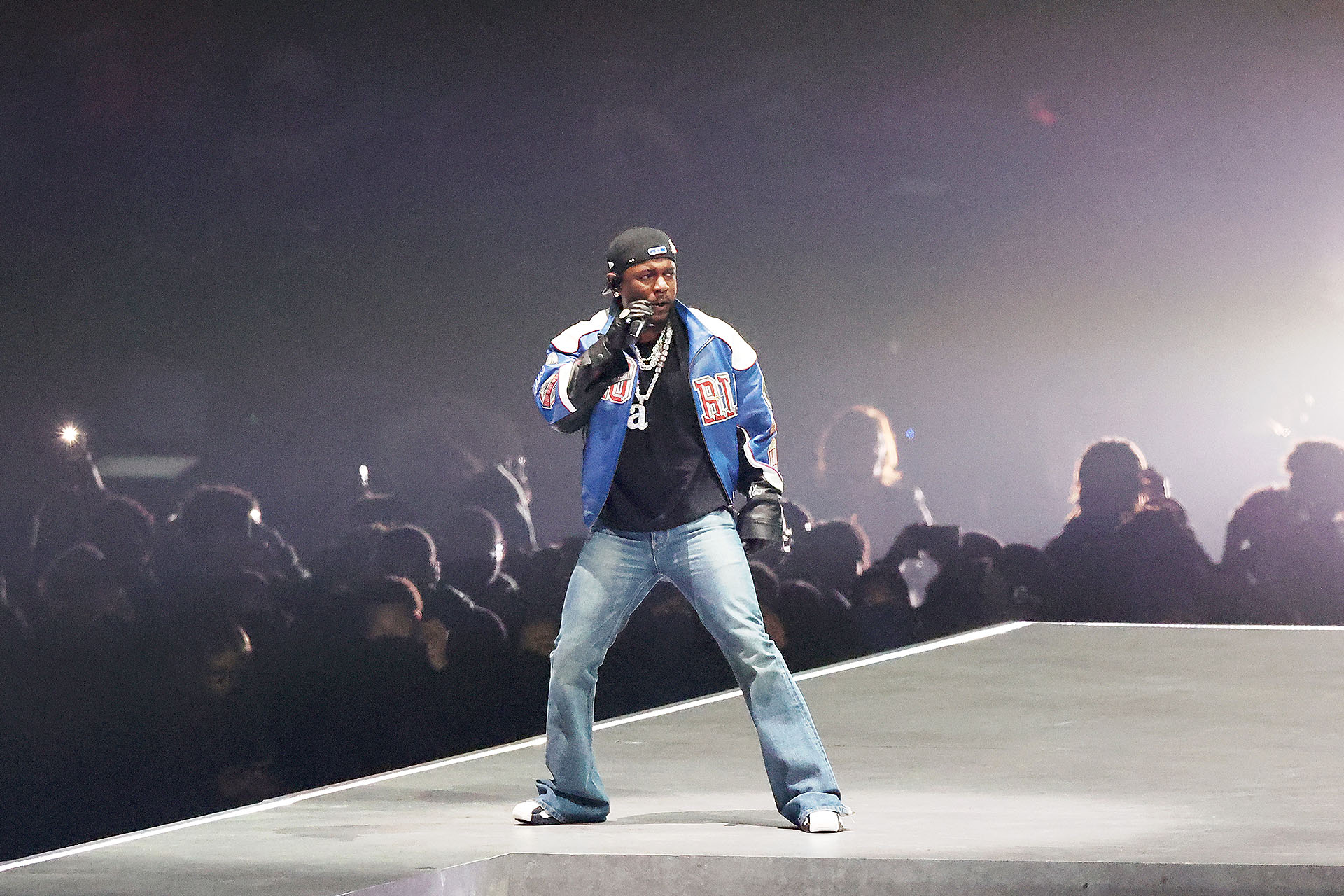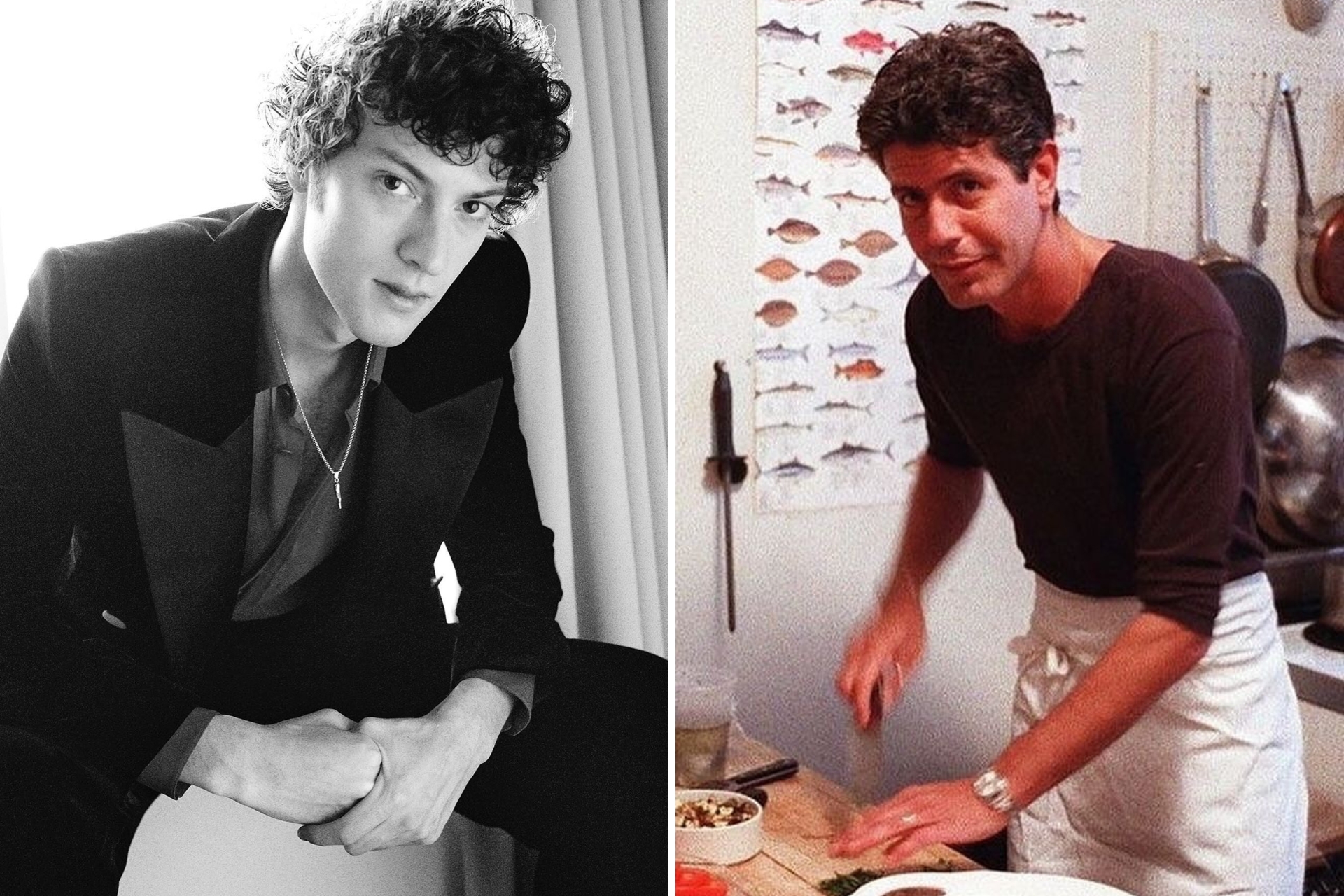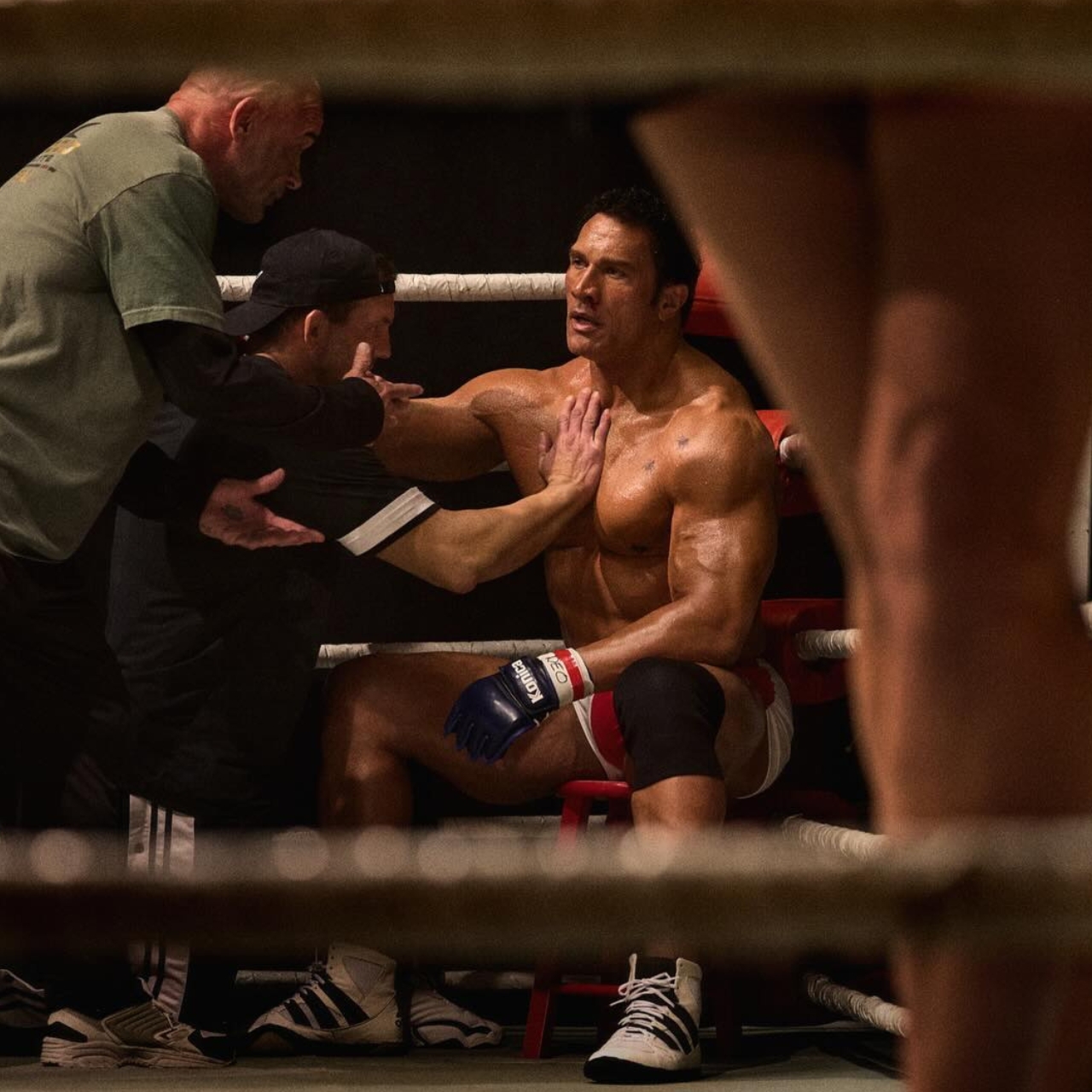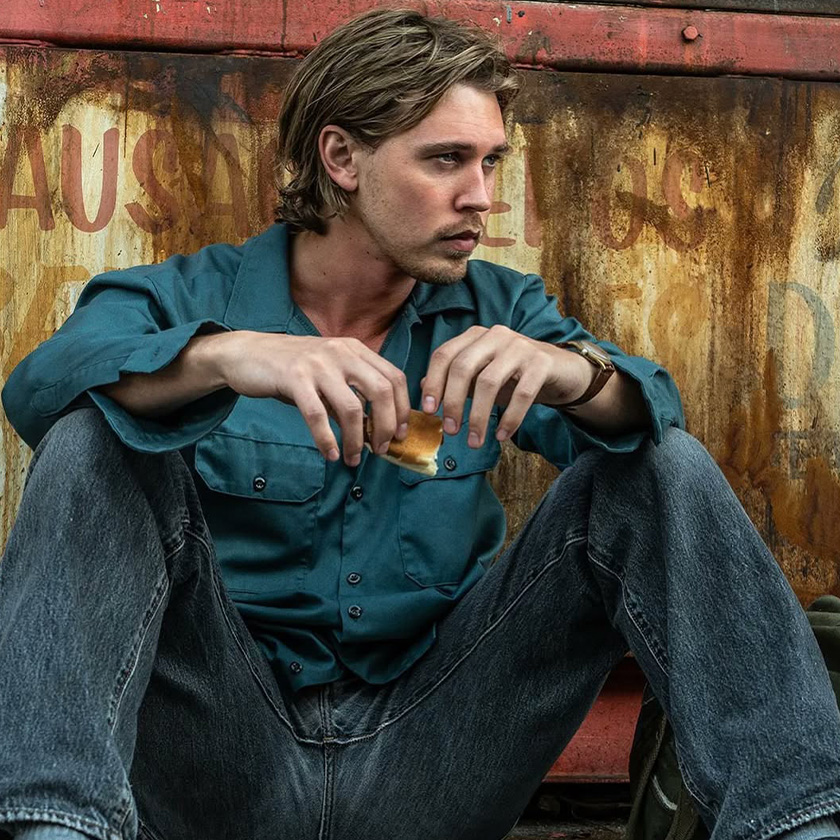The films that shaped us: letter from the Editor
Esquire’s Editor-in-Chief Christopher Riley reflects on his favourite moments from cinema, and the assembled cast of Aussie actors and directors in the September/October issue
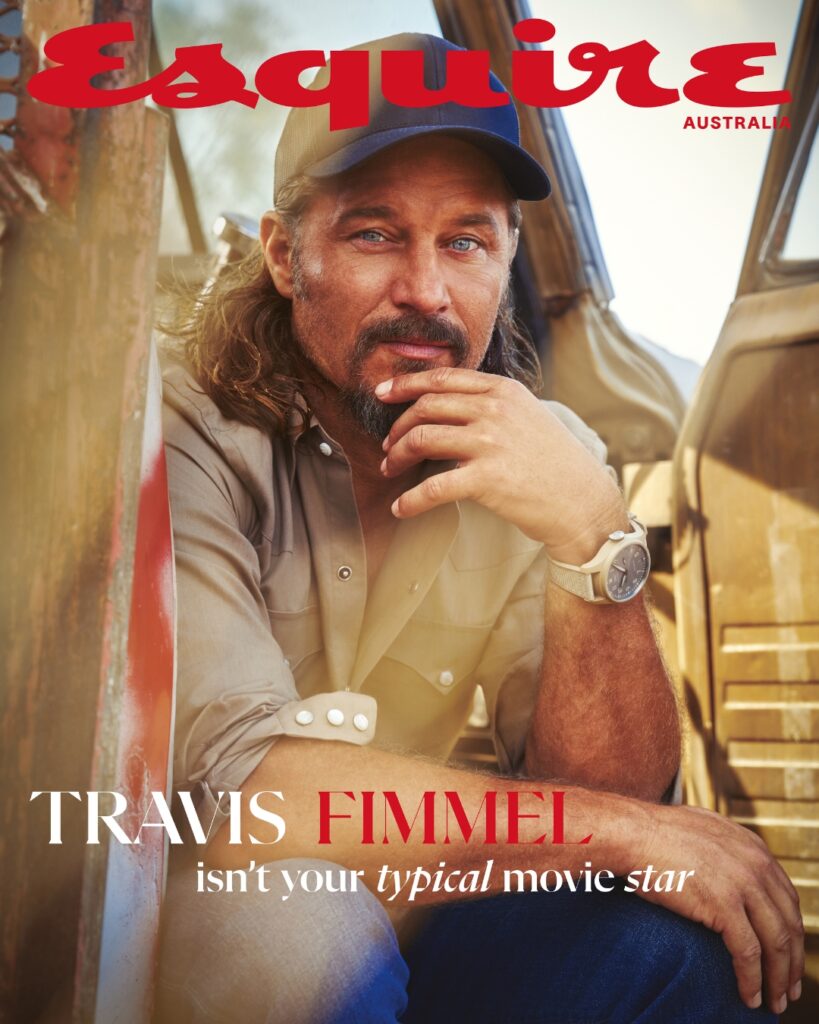
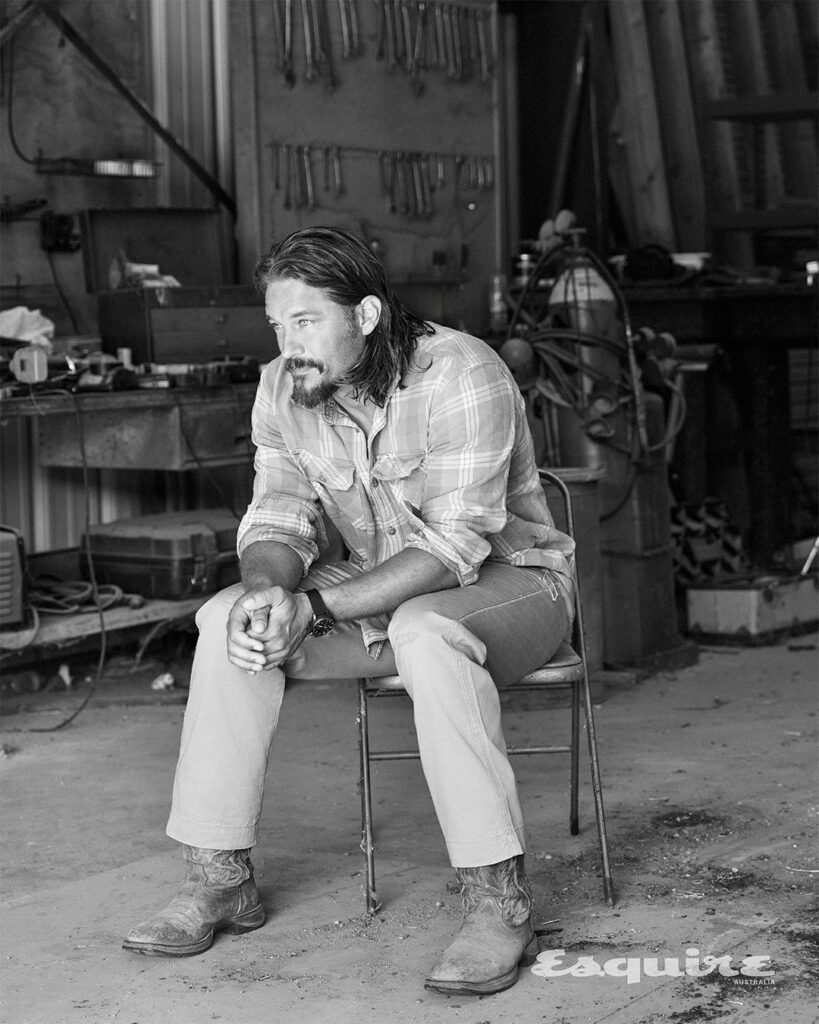
WHAT’S YOU FAVOURITE FILM? It’s a loaded question, I know. I got asked it recently while with some friends and I froze. All I could think of was Nicolas Cage in Gone in 60 Seconds. And I didn’t really want to lead with that, given that, well, I’m a magazine editor for crying out loud; surely I had a more elevated answer than a film about whether a motley crew of retired thieves could steal 50 cars in a single night? Surely? Apparently not. So I decided to own it.
The thing is, while I would have preferred to have a more sophisticated answer up my sleeve, that question instinctively took me back to when I was discovering movies as a child, staying up late at my friend’s house, stuffing our spotty faces with popcorn while learning from Nicolas Cage how to boost cars. It was my first proper sleepover and I was buzzing off half a beer; life couldn’t get any better.
Which is why every cinematic experience since then has been judged against that moment – whether I like it or not. Because that was my entry point: I was at my most receptive as a viewer, wide-eyed and impressionable; I was ready to dive into a world so far from my own – the dangerous streets of Long Beach, California, to be exact – where there were gangsters with British accents and Nicolas Cage and his crew searching for a Ford Mustang named ‘Eleanor’.
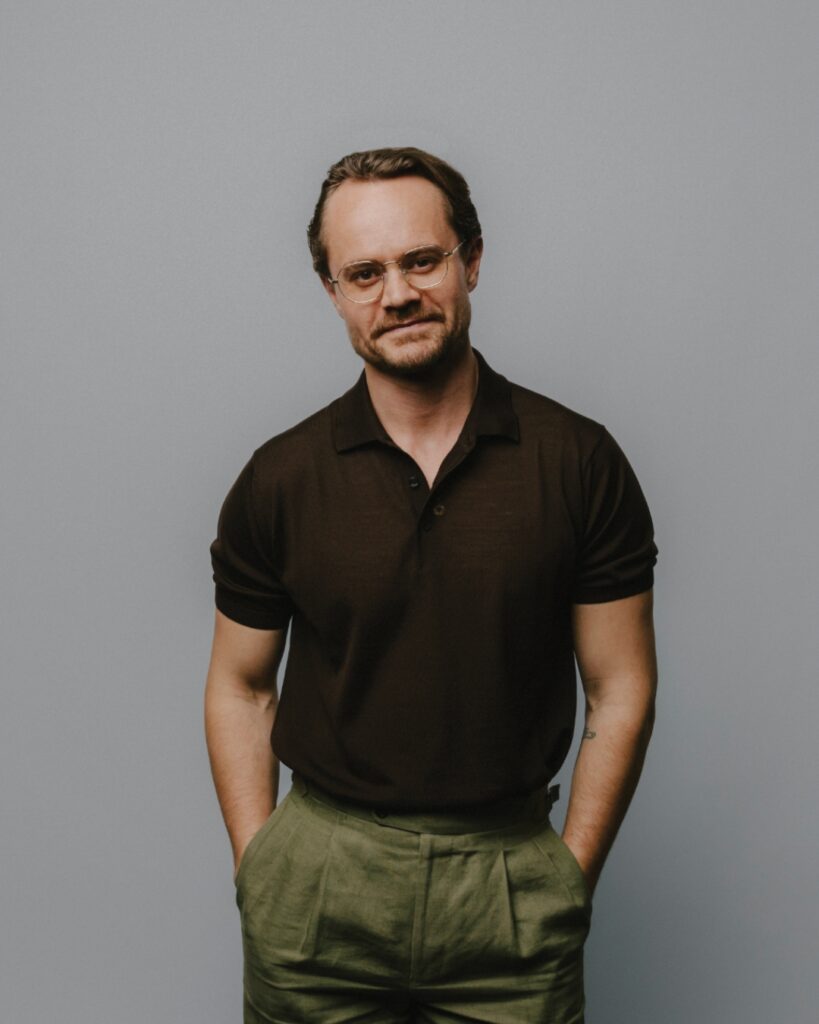
This is the feeling I’ve used to inform the shape and people who make up this, our first Film Issue for Esquire Australia, searching again for that time when movies meant diving headfirst into a whole new world. First up, our cover star Travis Fimmel. This man has long intrigued me: a supremely talented actor with supermodel good looks, yet he would shrug off both those descriptors. Despite never having enjoyed acting a day in his life (his words), he has a gift that has made him a star despite his unwillingness to embrace the spotlight.
The screenwriter Michael Hirst, who worked with Fimmel on the epic History series Vikings, recounts to Esquire how Fimmel once convinced him to rewrite a pivotal scene as his character, Ragnar Lothbrok, could – and should – convey all his emotions “just by looking, just by being”. And it worked. But ask Fimmel about a scene like this and he’ll tell you he’d rather be talking about Travla, the beer brand he runs with his mates. Luckily for Amy Campbell, who wrote this profile, he agreed to talk a little about both.
Then there’s James Wan, one of Australian cinema’s most unsung heroes. Twenty years since the creation of his groundbreaking Saw franchise, Wan speaks to Richard Cooke about a career that has stamped him as an icon of the horror genre. Don’t believe us? Check the numbers. Only five horror franchises have made more than a billion dollars at the box office, and Wan’s behind two of them. After two decades in Hollywood, he says one of his secrets is retaining a sense of “innocence” that has allowed him to stay, first and foremost, a fan of cinema. His favourite feeling on set: “that excitement I had when I was a teenager watching a horror movie that I shouldn’t be watching”.
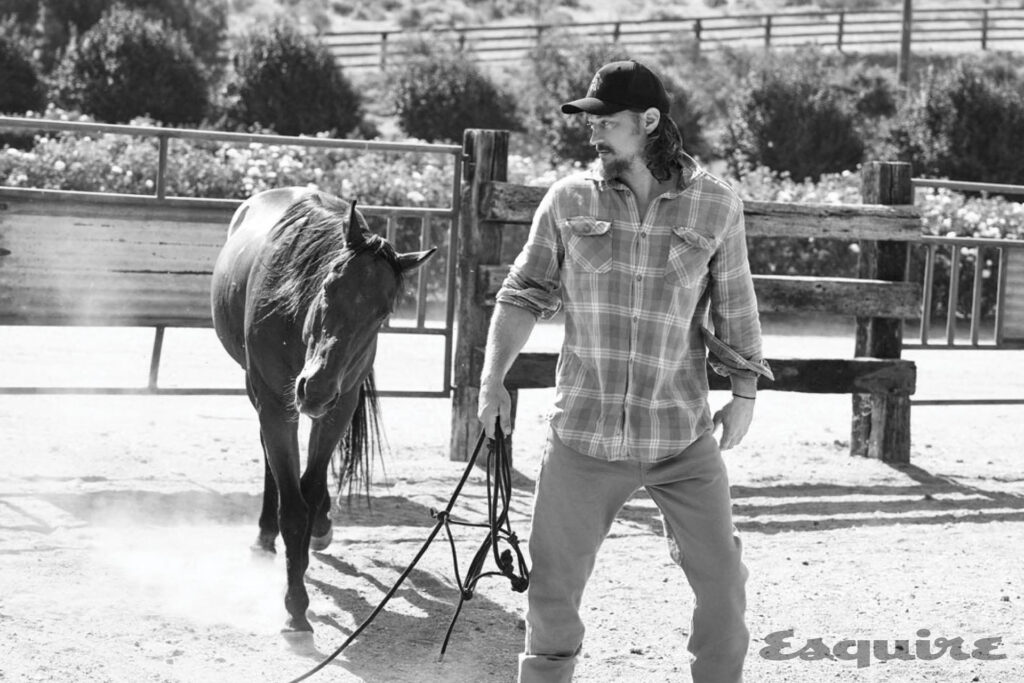
Our supporting cast includes rising star Toby Wallace, who has gone from starring in Australian indie drama Babyteeth to appearing this year alongside Tom Hardy and Austin Butler in The Bikeriders; the celebrated director David Cronenberg, discussing his most autobiographical work yet; and the auteur from Alice Springs, Dylan River, who is finally ready to embrace being a filmmaker.
While there’s no Nicolas Cage this time, the issue is packed with stories that will take you back to being a kid again. Just don’t ask me which one is my favourite.
Read our cover story featuring Travis Fimmel here.
The September/October 2024 issue of Esquire is now on sale. Find your nearest stockist.









